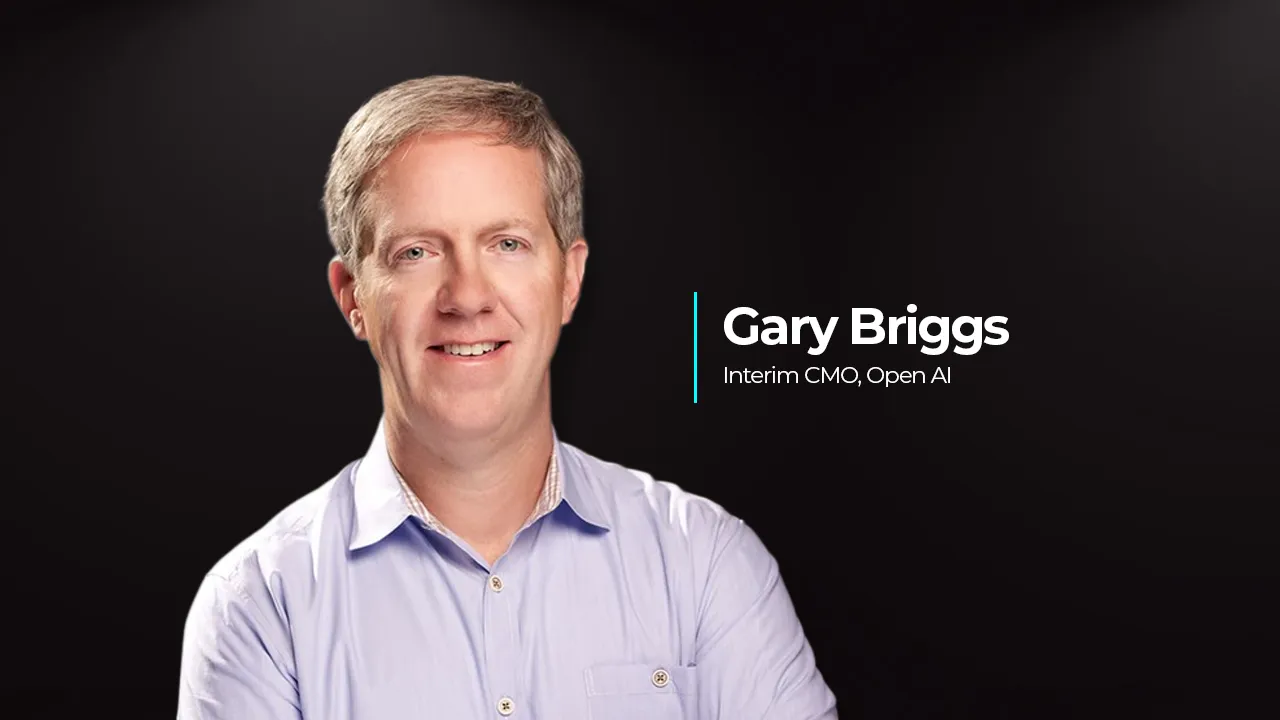Fractional executives emerge as strategic solution for cost-conscious companies
Senior executives embrace fractional leadership roles, offering companies strategic expertise without full-time costs as businesses adapt to economic uncertainty

A growing cadre of senior executives is embracing a new model of fractional leadership that offers companies strategic expertise without the commitment — or cost — of full-time C-suite positions.
The trend reflects broader shifts in corporate governance as businesses grapple with economic uncertainty while seeking specialized skills for digital transformation and operational scaling initiatives.
The rise of part-time leadership
Nora Terrado, founder and former chief country executive of Carelon Global Solutions Philippines, exemplifies this emerging class of fractional executives. Speaking at a recent industry gathering, she described her current role serving multiple organizations on a part-time basis.
"Being 'in the trenches' keeps me engaged with industry trends and emerging challenges while broadening my perspective across sectors," Terrado explained. The model allows her to maintain professional autonomy while satisfying what she describes as her "thirst for learning."
Fractional executives provide leadership and expertise to organizations on project-specific or part-time arrangements rather than traditional full-time employment. The model has gained particular traction among start-ups and growing businesses requiring strategic guidance but lacking the resources for permanent senior appointments.
Technology platforms now facilitate global connections between businesses and fractional talent, enabling seamless collaboration across geographic boundaries. This digital infrastructure has been crucial in scaling the model beyond local markets.
Strategic applications and market dynamics
Organizations typically deploy fractional executives for targeted expertise in scaling operations, navigating financial complexities, and driving digital transformation initiatives. The arrangement offers particular value for mission-critical change programmes requiring specialist knowledge.
The model provides companies with enhanced agility, enabling rapid response to market opportunities and challenges. For executives, it offers portfolio career options and cross-sector exposure previously unavailable in traditional employment structures.
However, implementation challenges persist. Companies must establish clear expectations, protect confidentiality, and ensure cultural alignment. Fractional leaders face their own constraints, particularly around workload management and avoiding conflicts of interest across multiple client relationships.
Broader workforce transformation
The fractional executive trend forms part of wider developments reshaping corporate talent strategies. Lotus Altavas, human resources head at Philippine National Bank, identifies several key shifts affecting modern workforces.
Multi-generational management has become increasingly complex as baby boomers, generation X, millennials, and generation Z collaborate within single organizations. Each cohort brings distinct communication styles, technological capabilities, and workplace expectations.
"The younger generation has high interest in corporate social responsibility and sustainability," Altavas noted, emphasizing the importance of purpose-driven organizational cultures. Cross-generational mentorship programmes, including reverse mentoring where digital natives guide older colleagues on technology adoption, are becoming standard practice.
Technology and skills evolution
The pandemic accelerated adoption of remote and hybrid working models, fundamentally altering talent acquisition strategies. Companies can now access global talent pools while reducing operational costs, though this requires robust digital infrastructure and communication protocols.
Artificial intelligence tools are transforming human resources functions, from recruitment and performance management to learning and development programmes. These technologies automate routine tasks while providing data analytics for strategic decision-making, though they demand new skills and ethical frameworks for responsible implementation.
Organizations increasingly support "gig economy" preferences, particularly among younger workers seeking flexible arrangements to pursue diverse interests. Progressive companies have adapted by creating more flexible work dynamics and project-based engagement models.
Future implications
The emergence of fractional leadership models reflects broader trends toward flexible, purpose-driven professional arrangements. As businesses navigate ongoing economic uncertainty and rapid technological change, demand for specialized expertise delivered through agile structures is likely to intensify.
Companies demonstrating adaptability in talent acquisition and management — whether through fractional executives, flexible working arrangements, or cross-generational engagement strategies — appear best positioned for sustained success in evolving markets.
This article is based on reporting by Flor G. Tarriela, originally published in BusinessWorld Online. The views expressed represent the author's own opinions and do not necessarily reflect her institutional affiliations.

